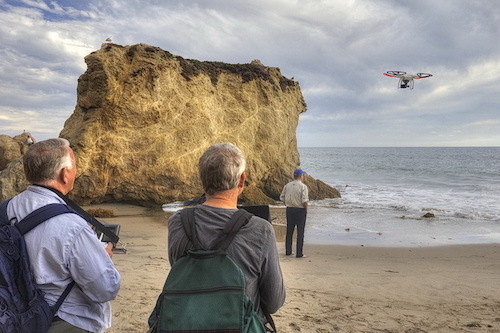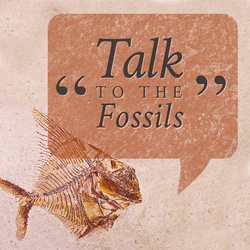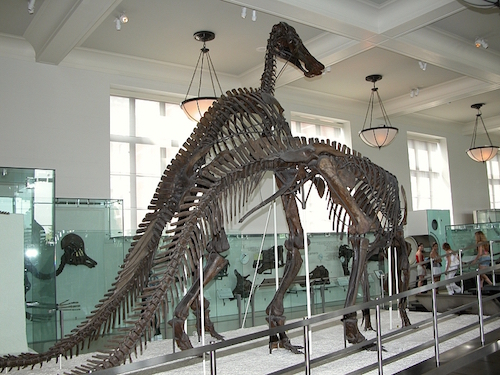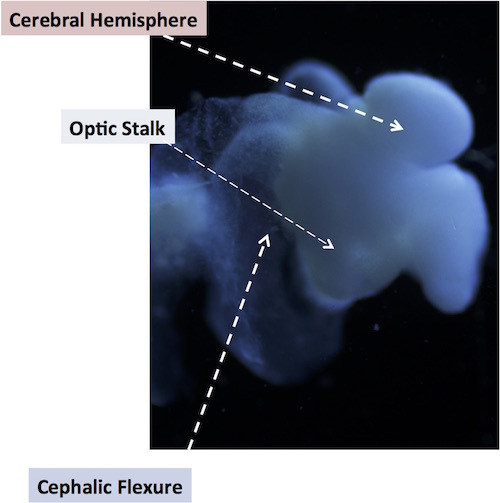Discovery Institute's Blog, page 136
August 26, 2015
In San Francisco, Watch Where You Step

We try to keep the conversation decorous here at ENV but the story from San Francisco is relevant to our concerns -- namely the intersection of science and culture -- and sadly, it could not be any more elemental. Ahead of Super Bowl 50 and the Christmas shopping season, SF's Mayor Ed Lee says he's dead set on clearing homeless "campers" from the streets of the city. It's not just the inconvenience of tents sprawled in the center of sidewalks of that stylish and affluent city -- it's the san...
A Leaky Faucet: Why Darwinian Evolution Leads to Loss of Information
In 2010 biochemist Michael Behe published a paper in the Quarterly Review of Biology in which he concisely stated the first rule of adaptive evolution: "Break or blunt any functional coded element whose loss would yield a net fitness gain." By this he meant several things. First, there are indeed adaptive mutations -- that is, mutations that yield a benefit to the cell under a particular set of circumstances. Second, the primary way such adaptation occurs is by breaking or inactivating some...
How Illustra Got Those Amazing Aerial Shots in Living Waters

Viewers of the new Illustra documentary Living Waters: Intelligent Design in the Oceans of the Earth are treated to stunning overhead shots of whales, dolphins, and salmon. Two recent technologies have made that possible: small lightweight HD video cameras, like the GoPro, and remote-controlled unmanned aerial vehicles (UAVs), aka drones. Small, light, and relatively cheap, these technologies are revolutionizing moviemaking, opening up a new era of aerial cinema.
Captain Dave Anderson, featu...
August 25, 2015
Epigenetic Change: Lamarck, Wake Up, You're Wanted in the Conference Room!

If we wish to hear what the fossils are telling us, we must find out how they came to be what they were (and how their descendants came to be what they are today). For generations, scientists have looked to Darwinian evolution (natural selection acting on random mutations) almost exclusively to account for all that. Questions were considered settled if a Darwinian account could be provided.
 That was not because any law of nature shows that Darwinism must be the correct explanation. Rather be...
That was not because any law of nature shows that Darwinism must be the correct explanation. Rather be...
August 24, 2015
The Octopus Genome: Not "Alien" but Still a Big Problem for Darwinism

These days, new genomes of different types of organisms are being sequenced and published on a regular basis. When some new genome is sequenced, evolutionary biologists expect that it will be highly similar to the genomes of other organisms that are assumed to be closely related.
As ENV already noted, the latest organism to have its genome sequenced has confounded that expectation: the octopus, whose genome was recently reported in Nature. It turns out to be so unlike other mollusks and oth...
August 23, 2015
Understanding Cardiovascular Function: Real Numbers and Valvular Heart Disease

Editor's note: Physicians have a special place among the thinkers who have elaborated the argument for intelligent design. Perhaps that's because, more than evolutionary biologists, they are familiar with the challenges of maintaining a functioning complex system, the human body. With that in mind, Evolution News & Views is delighted to present this series, "The Designed Body." Dr. Glicksman practices palliative medicine for a hospice organization.
Unlike the brain, the liver, and the kidne...
August 22, 2015
Conversations with David Berlinski: Is Math Discovered or Created?

On an episode of ID the Future, David Berlinski continues to discuss the origin and nature of mathematics with CSC Research Coordinator Casey Luskin.

Is math something waiting to be discovered, or is it a construct of the human mind? Listen in as Dr. Berlinski examines the mystery of mathematics, and reflects on the blurry distinction between math that is "discovered" and math that is "created."
Image by Gabriel Memmert (Own work) [CC BY-SA 3.0], via Wikimedia Commons.
August 21, 2015
Natural History Museums Bear Witness to the Debate over Intelligent Design

Recently, following the lead of World Magazine's Marvin Olasky who originally reported it, I commented on the difference in approach to covering evolution taken by two distinguished museums: the Smithsonian's National Museum of Natural History and the American Museum of Natural History (AMNH) in New York City. Basically, the Smithsonian gives a smooth, conflict-free presentation aimed at indoctrinating young people, while the AMNH at least admits to some difficulties in the evidence.
But th...
Origin of Life, Theater of the Absurd

See if you can follow the logic here all the way through. Researchers sampled ancient water trapped for 1.5 billion years around what were deep-sea hydrothermal vents two kilometers under the earth's surface. The water included apparent necessities for "kick-starting" life -- like a primordial soup still in situ.
From the article at New Scientist, "Watery time capsule hints at how life got started on early Earth":
It has all the ingredients of a primordial soup. What's more, the chemicals of...
What Was That About Being "Anti-Science"?

This is a scientific achievement, and an ethical one: Scientists have used skin cells to build a rudimentary human brain. These were induced pluripotent stem cells. From the story in The Guardian:
An almost fully-formed human brain has been grown in a lab for the first time, claim scientists from Ohio State University. The team behind the feat hope the brain could transform our understanding of neurological disease.Though not conscious the miniature brain, which resembles that of a five-wee...
Discovery Institute's Blog
- Discovery Institute's profile
- 15 followers




